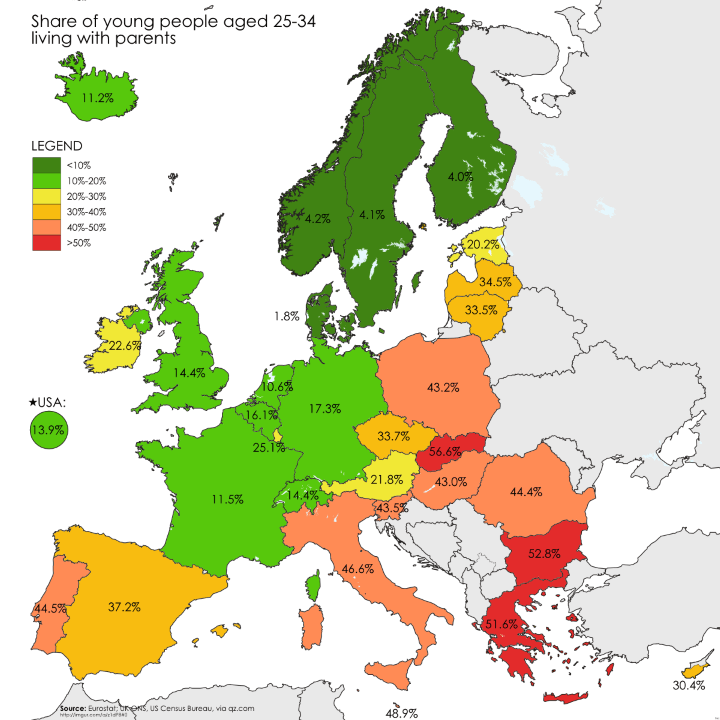More Births, Please
Manage episode 422287920 series 3549275
Today I have the pleasure of talking to Daniel Hess, a father of six who goes by the name “More Births” on X. Pronatalism in the US as far as I can tell remains mostly an online movement, largely promoted through Elon Musk tweets and the work of the Collinses. To people who spend a lot of time online, this can make it seem more powerful than it actually is in the real world. Nonetheless, nearly all contemporary ideas that end up taking the world by storm start out online, and in the last few years I’ve seen more and more mainstream acknowledgment that falling birthrates are a major problem.
There’s always been a straightforward utilitarian argument, which holds that life is good, and the more people the better. I would also say that there is something spiritually wrong with not continuing your line and having a stake in future generations. As one grows older, you become increasingly aware that you are disconnected from cultural and technological developments young people take for granted, and there are events happening today that will have consequences you will not be around to see. Aging without leaving something behind I think of as a miserable experience because every other part of growing old involves decay and is at its root a march towards death. There are of course more pedestrian issues with low fertility, of the kind that might get talked about in The Financial Times or The Economist like future worker-to-retiree ratios and how a younger economy is a more dynamic one. All that stuff is true, and provides a more politically palatable way to express concern about collapsing fertility, though I’d say having more people to actually enjoy growth and technological development is the main issue.
We start off by Daniel telling me a little bit about himself and how he got into pronatalism. We proceed to discuss the state of the movement, and how people outside our bubble think about birth rates. The conversation goes on to cover different regions of the world, my article on low Asian fertility, possible policy responses, the Georgian miracle, the role of culture, different American states, North Korea having more official births than South Korea, religion, the causes of the Baby Boom, what makes Israel and Mongolia different, and much more.
Note that Daniel shares graphs and charts about the fertility crisis throughout the conversation, which obviously won’t be available if you choose to only listen to the audio. You’ll want to watch the video to get the full experience.
My favorite image he shared was the one below.
In some European countries, around half of 25-34 year olds still live with their parents! The numbers range from 1.8% in Denmark to 56.6% in Hungary. These are completely different kinds of social organization, and this is just a map of Europe and the US. Seeing it made me reflect on living at home while I attended law school in my twenties and how that takes you completely out of the mindset needed to find and attract partners.
As Daniel points out, the fertility issue is not going anywhere. East Asia in particular will in the coming decades be facing serious geopolitical and economic challenges as a result of not having enough young people. Daniel and I agree that this is primarily a cultural issue, which means that it can potentially be fixed by more people talking about it and spreading the good news about the personal, social, and spiritual benefits of having children.
Links
Works in Progress on the Baby Boom
Me on low Asian fertility and social conservatism as 4D Chess
Anatoly Karlin on selection for higher fertility, part I, part II, part III, and part IV
13 פרקים






